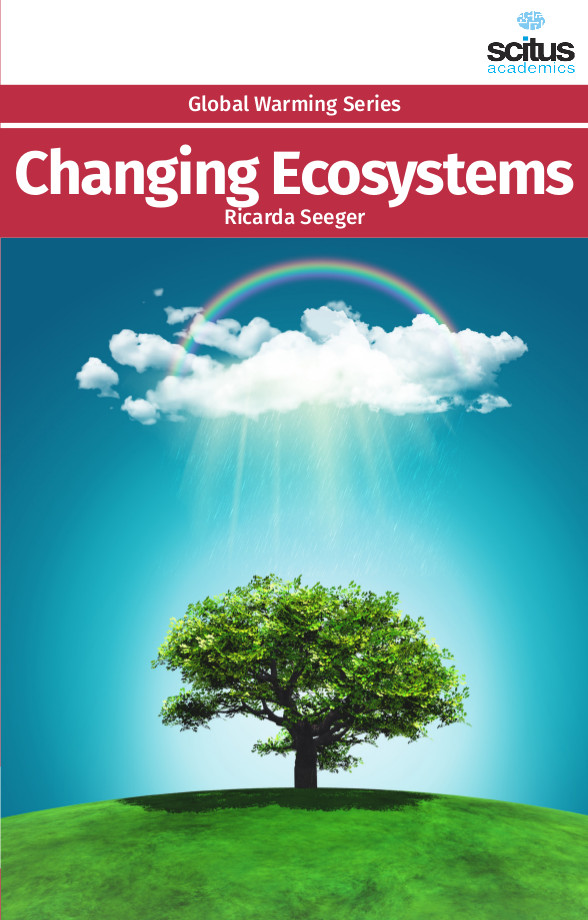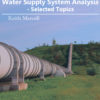The ecosystems present a great diversity wide-reaching and use various functionalities according to ecologic regions. In this new context of unpredictability and climatic changes, these ecosystems endure prominent modifications augmented by domestic uses of which it was subjected to. Indeed the ecosystems render diverse services to humanity from their composition and structure but the tolerable levels are unknown. The preservation of these ecosystemic services needs a clear understanding of their complexity. Human well-being is highly dependent on ecosystems and the benefits they provide such as food and drinkable water. Over the past 50 years, however, humans have had a tremendous impact on their environment. Some of the most significant changes have been the conversion of forests and grasslands into cropland, the diversion and storage of freshwater behind dams, and the loss of mangrove and coral reef areas. To better understand the consequences of current changes to ecosystems and to evaluate scenarios for the future. Hence, the measurement, management and protection of ecosystems need innovative and diverse methods. The climate has changed in the past century: global temperature has increased by about 0.6°C, precipitation patterns have been altered, and the average sea level has risen by 10 to 20 centimeters. Those changes have already had a measurable impact on ecosystems and are projected to continue throughout the 21st century. The effects of climate change on ecosystems include modifications in species distributions, population sizes, and the timing of reproduction or migrations, as well as an increase in pest and disease outbreaks.
The aim of this Book is to bring out a general view on the function of ecosystems, modelling, sampling strategies, invading species, the response of organisms to modifications, the carbon dynamics, the mathematical models and theories that can be applied in diverse conditions. It presents study and management of ecosystems represents the most dynamic field of contemporary ecology. Ecosystem research bridges fundamental ecology, environmental ecology and environmental problem-solving. Systematic and phylogenetic studies, biogeographic distribution analysis and evaluations of diversity richness are crucial topics of this book written by worldwide experts, some even considering economical effects and future perspectives on the managing and conservation plans.













